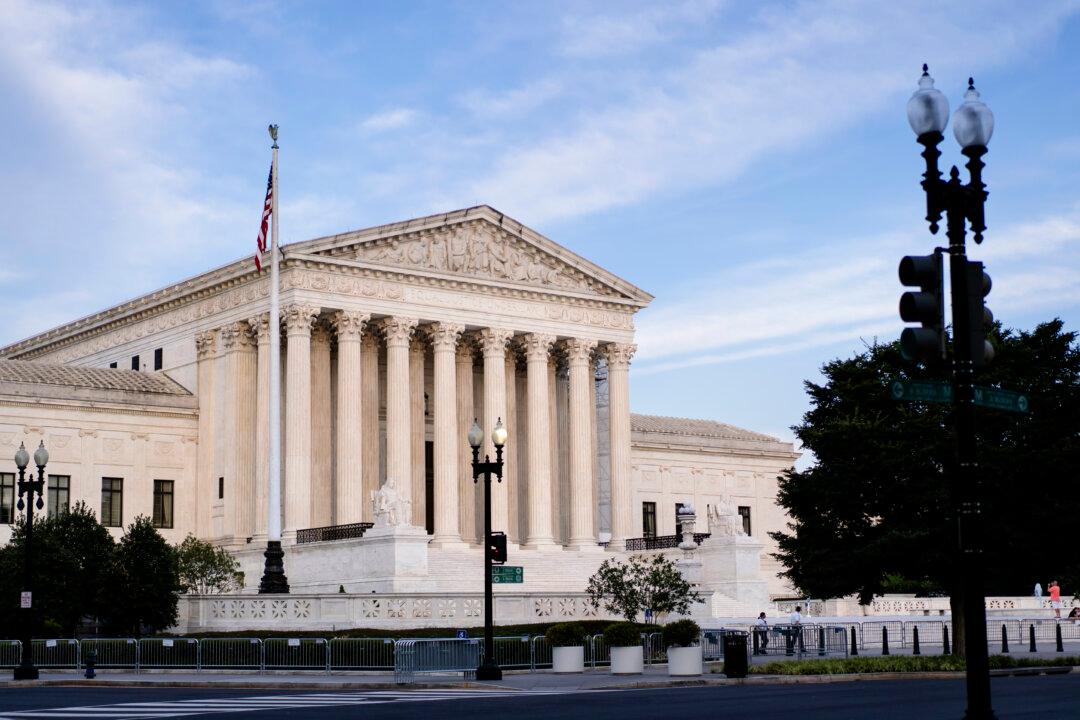The Supreme Court ruled 6–3 on June 28 in favor of Jan. 6 defendant Joseph Fischer, a former police officer charged under an accounting law after he briefly entered the U.S. Capitol on Jan. 6, 2021.
The new ruling is expected to make it more difficult for the federal government to prosecute those charged in connection with the Capitol security breach that occurred as Congress was attempting to finalize the 2020 presidential election results.





